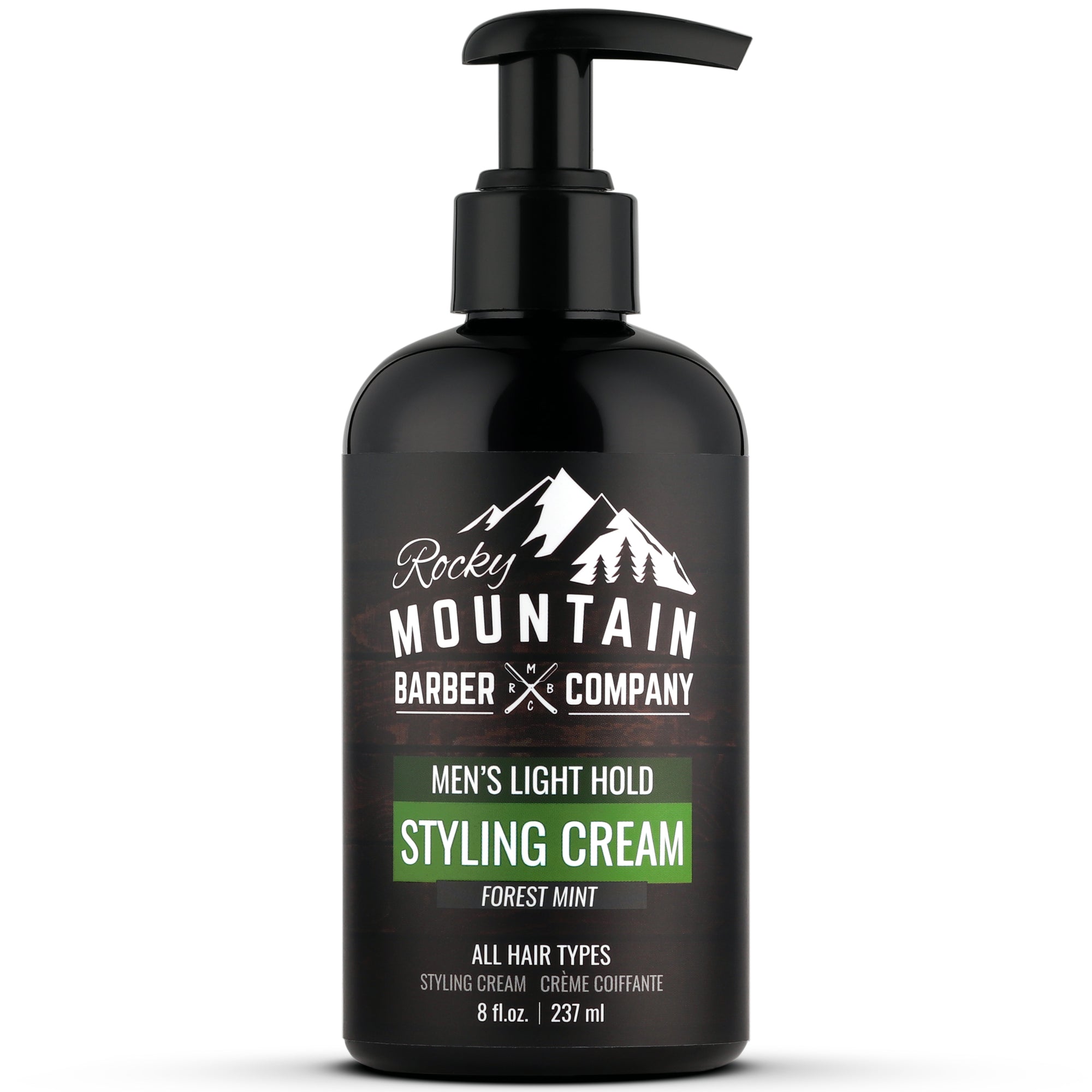
How to Tell Your Boss to Chill Out When Growing a Beard
Someone’s got a beef with your beard, and this time it’s your boss.
Your colleague’s dirty looks and HR’s incessant emails about your “unruly facial hair” can be dealt with, but now things are getting serious.
Your boss has it out for your beard.
Before you run for the razor, get your facts straight. There’s only one person who can make you shave your beard, and that person is you.
Step 1. Check the Employee Handbook
Every company has one. Check it. It’ll probably say something like this:
“All employees must present a neat appearance in both clothing and personal grooming. This means business casual clothing and no unruly facial hair.”
This is where things get complicated. So-called “beard bans” are a hot topic right now, and the legal definition of “unruly” is up for debate.
Luckily, many companies don’t ban facial hair outright; only unruly facial hair. If this is your case, get creative. Tell your boss: “Sure, some beards are unsightly, unkempt, crumb-riddled… but this is the beard of a dirty person, and to equate my beards with a dirty beard is actually offensive.” He just may take the bait.
If he doesn’t, try to trip him up with an analogy: “Having an issue with beards because some beards are dirty is like being mad at humans because a few people suck. Just because they exist, doesn’t mean they’re the norm.”
You’ll sound smart, and may just end up saving your beard. If that doesn’t work, move on to Step #2.
Step 2: Try to Understand Your Bosses “No Facial Hair” Rule
What’s the big deal? To some person throughout history, growing a beard was seen as a problem. Figure out why. Maybe the issue for that person was cleanliness, or maybe they thought growing a beard was dirty and unprofessional. Whatever the reason, if you don’t know why you’re getting heat for your beard, it’s going to be tough to keep it.
Set up a time to sit down with your boss and figure out what the concerns are. Don’t be defensive. Instead, gather a full list of concerns to make sure you have the whole picture before you respond. You may not even want to respond in that meeting. Take your list, identify the hot-ticket items, and respond to the main issue later. Keep your head level and your request reasonable.
Step 3: Refute Concerns & Make Reasonable Arguments as to Why Your Beard Should Be Permitted
There are inevitably reasons for why you can’t have a beard (If your boss said, “Because that’s the way it is,” jump to Step 4). Some common reasons are cleanliness, the need to maintain an air of professionalism, and existing rules. Each of these are valid on the surface, and luckily for you they are easily refuted.
All of them can be addressed with one simple and elegant argument: beards don’t make you a different person. If you are professional and you do your job well, there is no reason why a beard should make you a worse worker. On the contrary. If you are able to represent your identity in a way that feels true by keeping your beard, everyone wins. You are supported, and you will do an even better job for it.
As for professionalism and cleanliness, these are greater habits, not just beard-habits. If you are clean and professional, your beard will reflect it. If you are not, then you have more issues than just your beard.
Existing rules can be tricky. Middle managers can feel trapped between your reasonable argument and their bosses. At the end of the day, a beard is just hair on your face. If they can’t state your case to their bosses, then you should consider doing it yourself. Campaign on behalf of beards and your coworkers will thank you.
Step 4: Question Traditional Theories of Productivity
This one is easy: ask your boss to explain to you how facial hair impacts productivity. His answer will be hilarious.
Step 5: Grow Your Beard in Peace
If you work for a reasonable person and you went through steps 1-3 with tastefulness, you should now be allowed to keep your beard. Congratulations! If you are still not allowed to keep your beard, consider getting a new boss. It is a ridiculous point of contention and if your boss makes that big a deal out of it, it might be a sign that you have a bad job.









